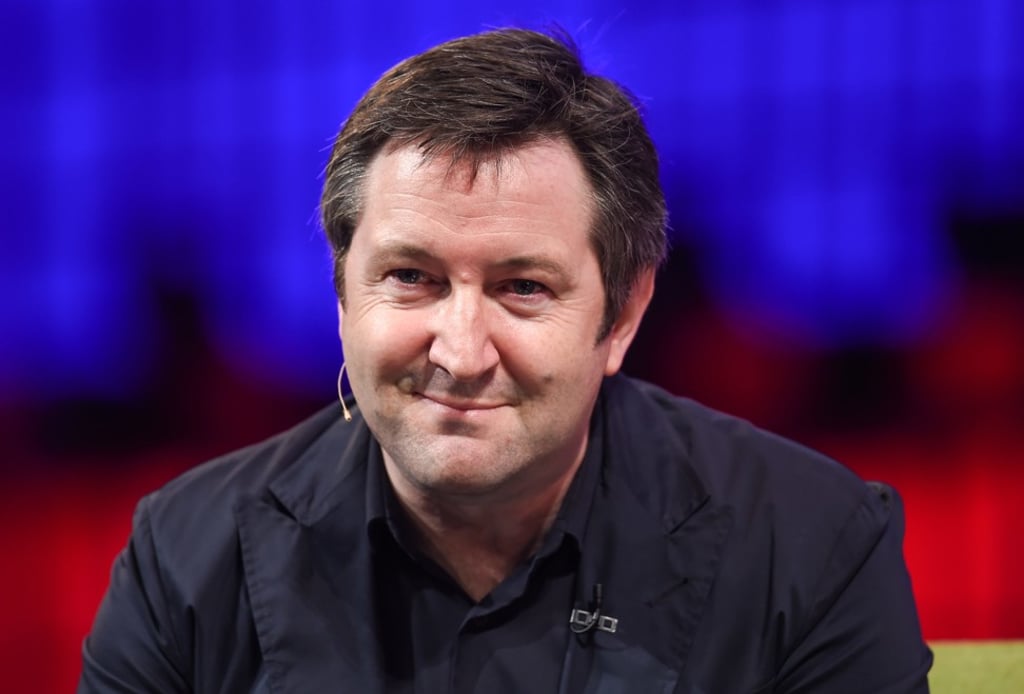How to prepare the tech supply chain for the next outbreak: ‘You just can’t’
- Electronics manufacturing guru Liam Casey says the coronavirus proves there are some events you cannot plan for
- The global health crisis is generating fresh questions about whether the technology industry relies too much on China

Over the last 24 years, Liam Casey, an electronics manufacturing guru, has guided numerous brands through the intricacies of the Chinese supply chain. Today, he argues nobody could have prepared for the events of the past two months.
As the coronavirus inflicts incalculable damage to public health and economic growth around the world, every instinct of global business is being urgently questioned.
Casey is the perfect guy to answer the alarm. He is the founder and chief executive of PCH International, a product development and supply chain services company with core operations in San Francisco and Shenzhen, and – as Fortune magazine once described him – “the one you call for a factory connection, the guy you hire for your packaging design and the one you ask about FedEx negotiations”. The Atlantic magazine dubbed him “Mr. China”.

“Over the last 20 years, a huge amount of the component assembly and manufacturing has been concentrated in China,” Casey said on a video call from his office in San Francisco.